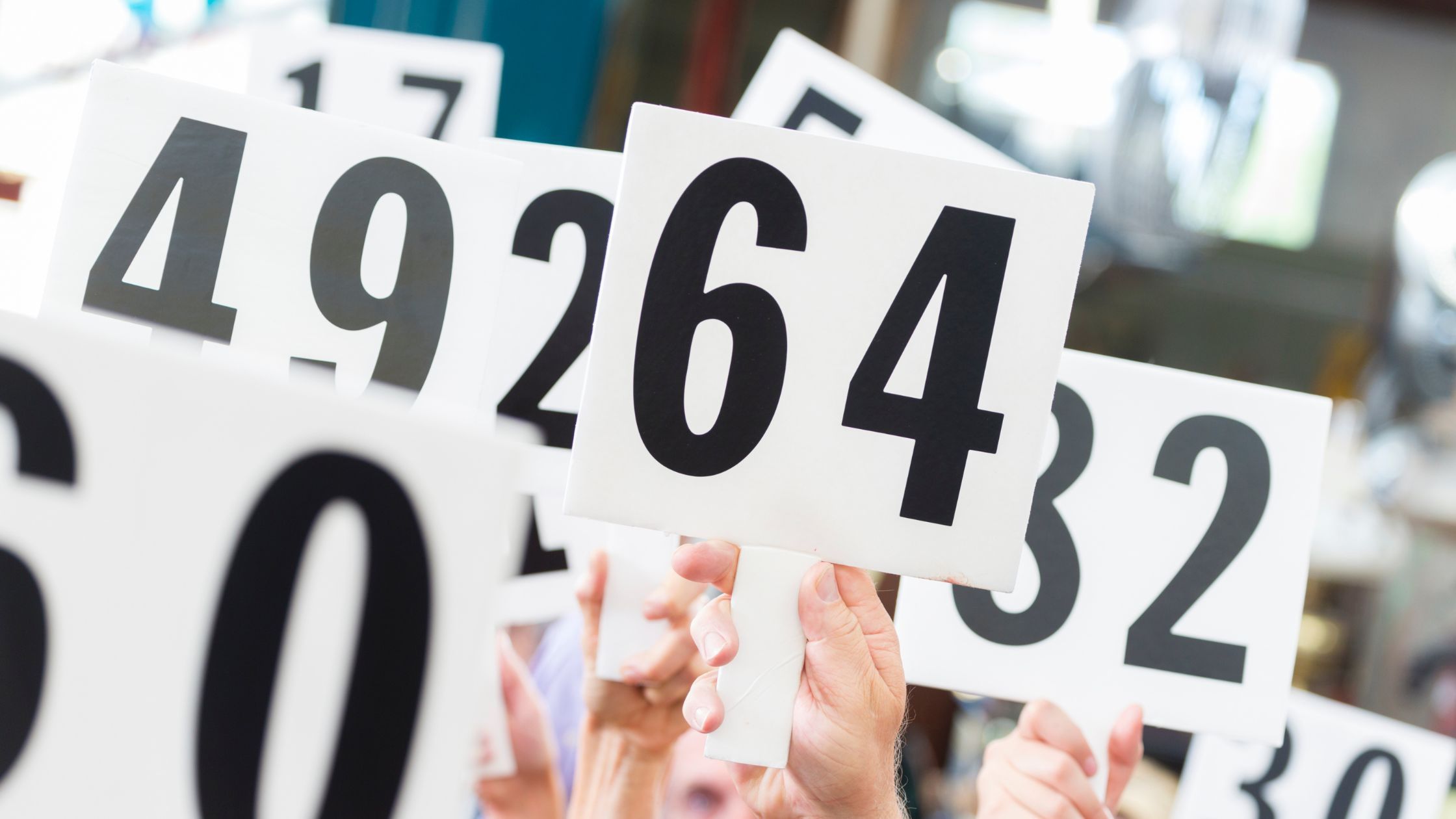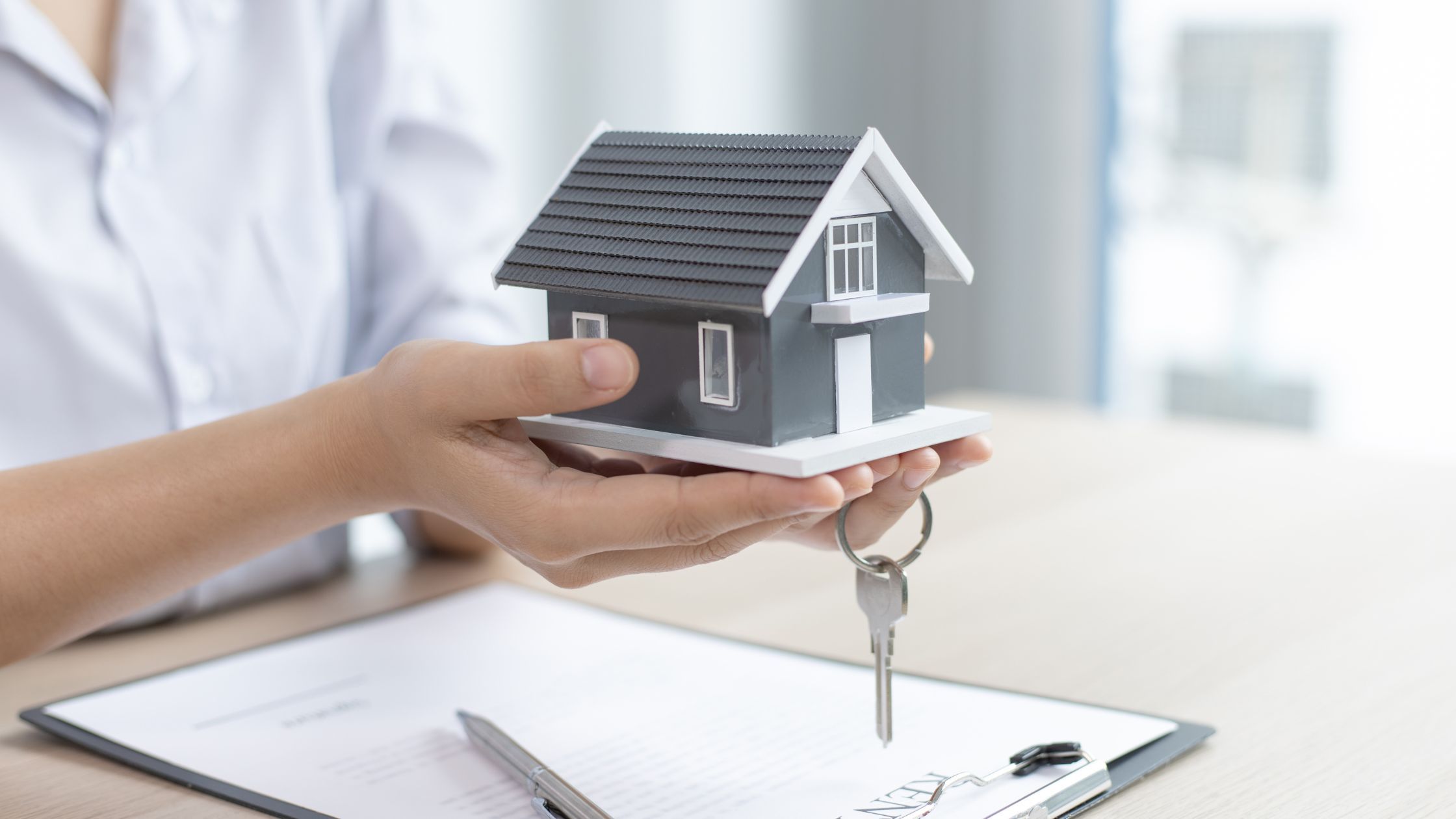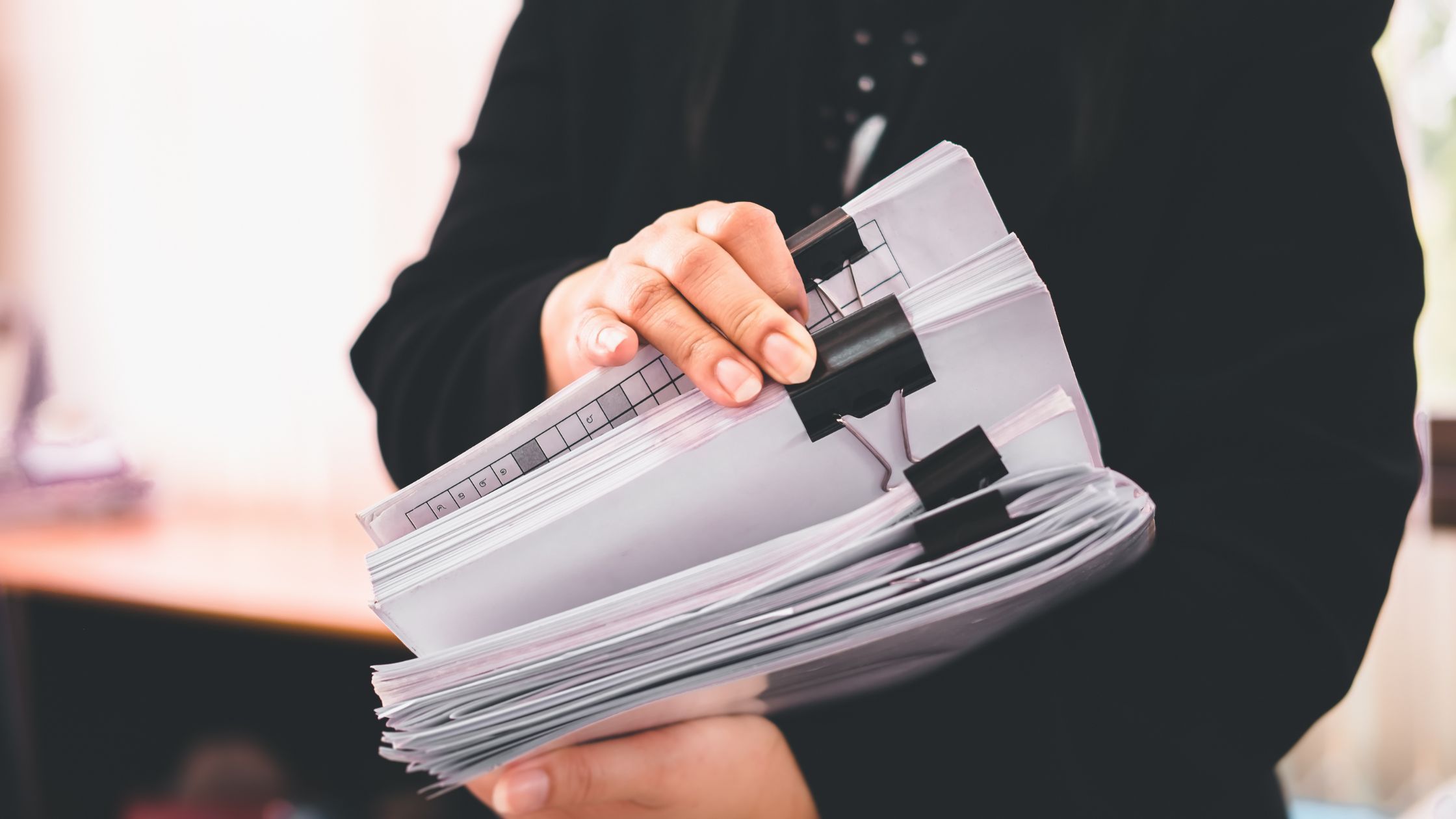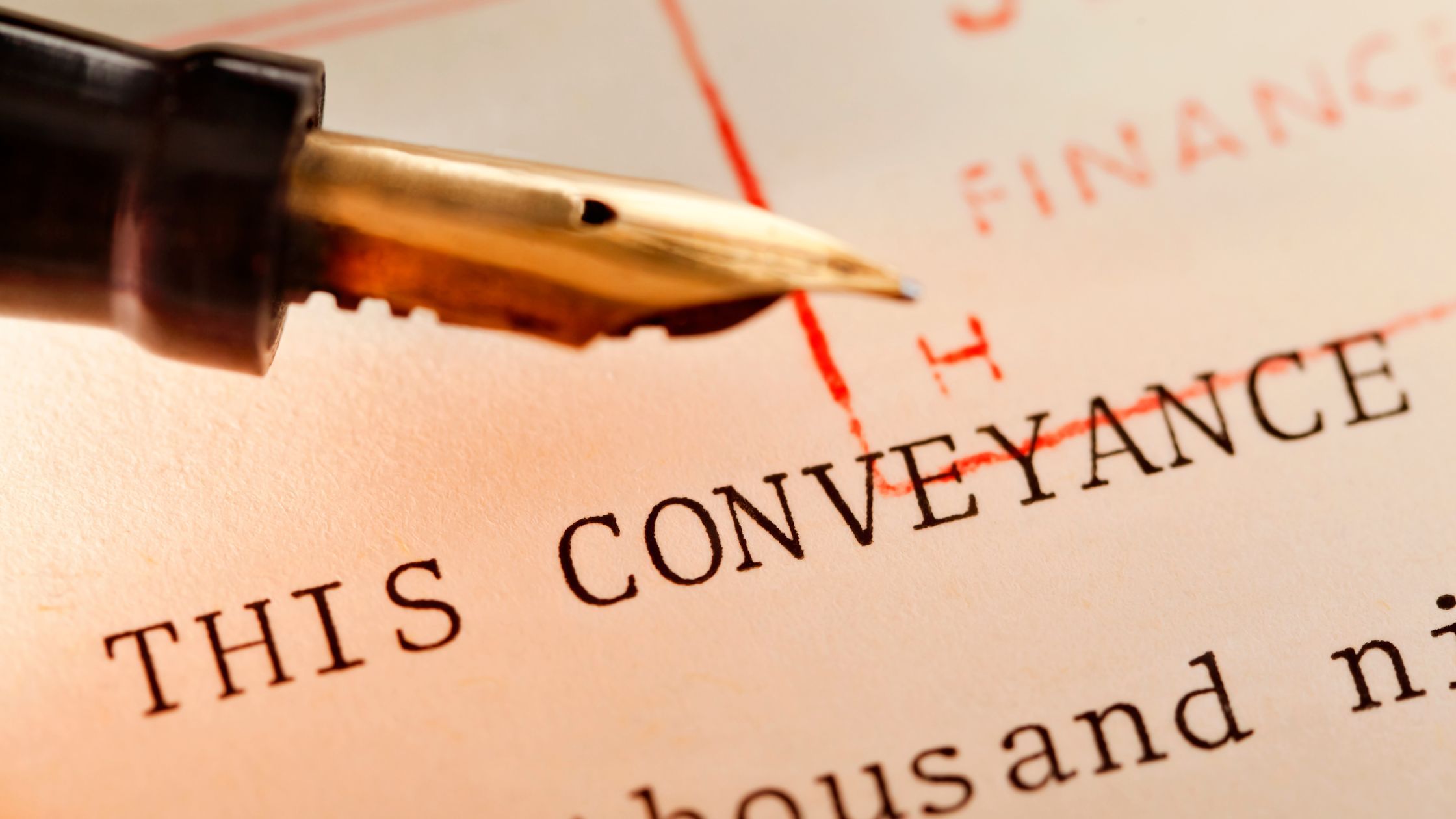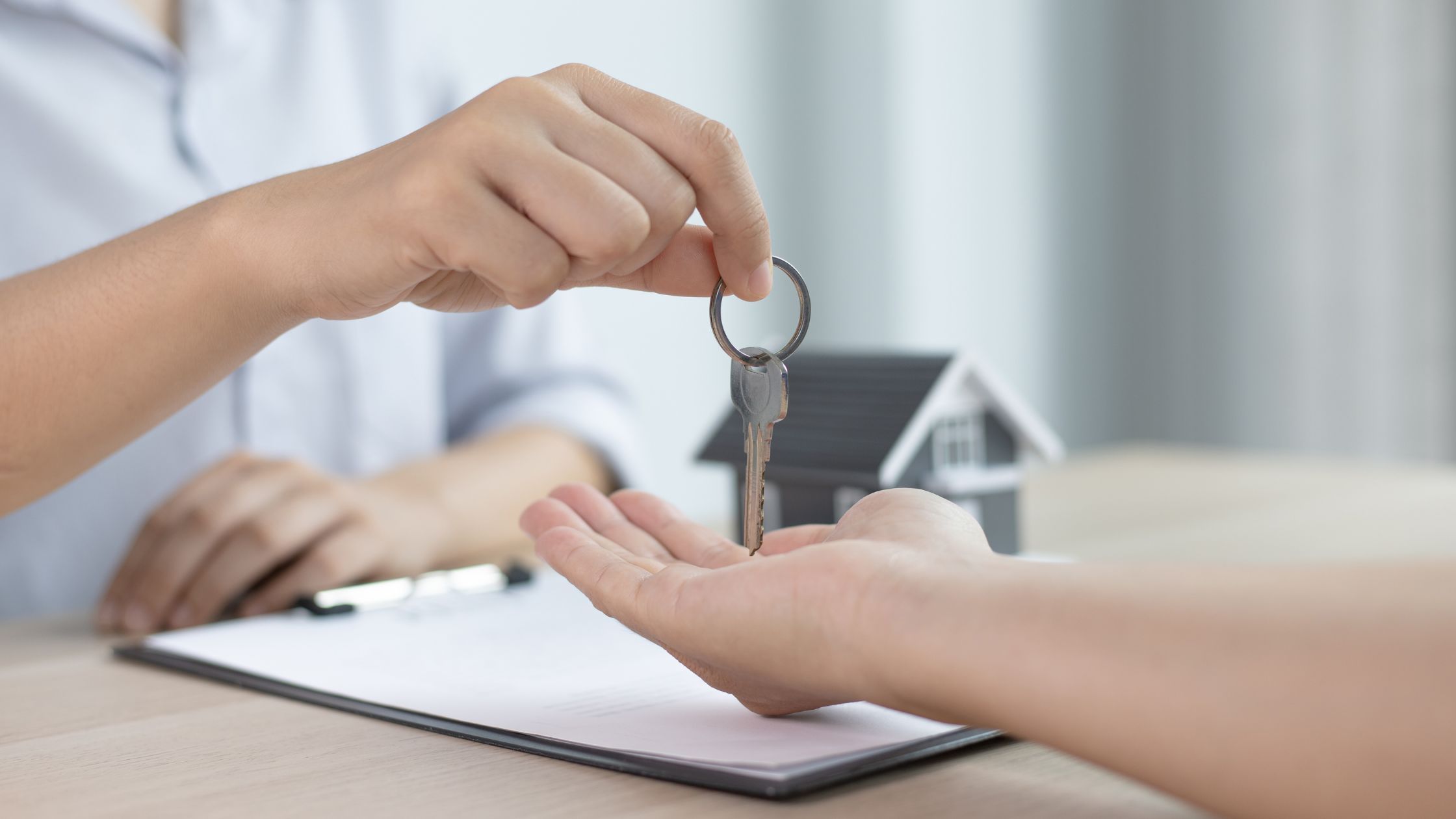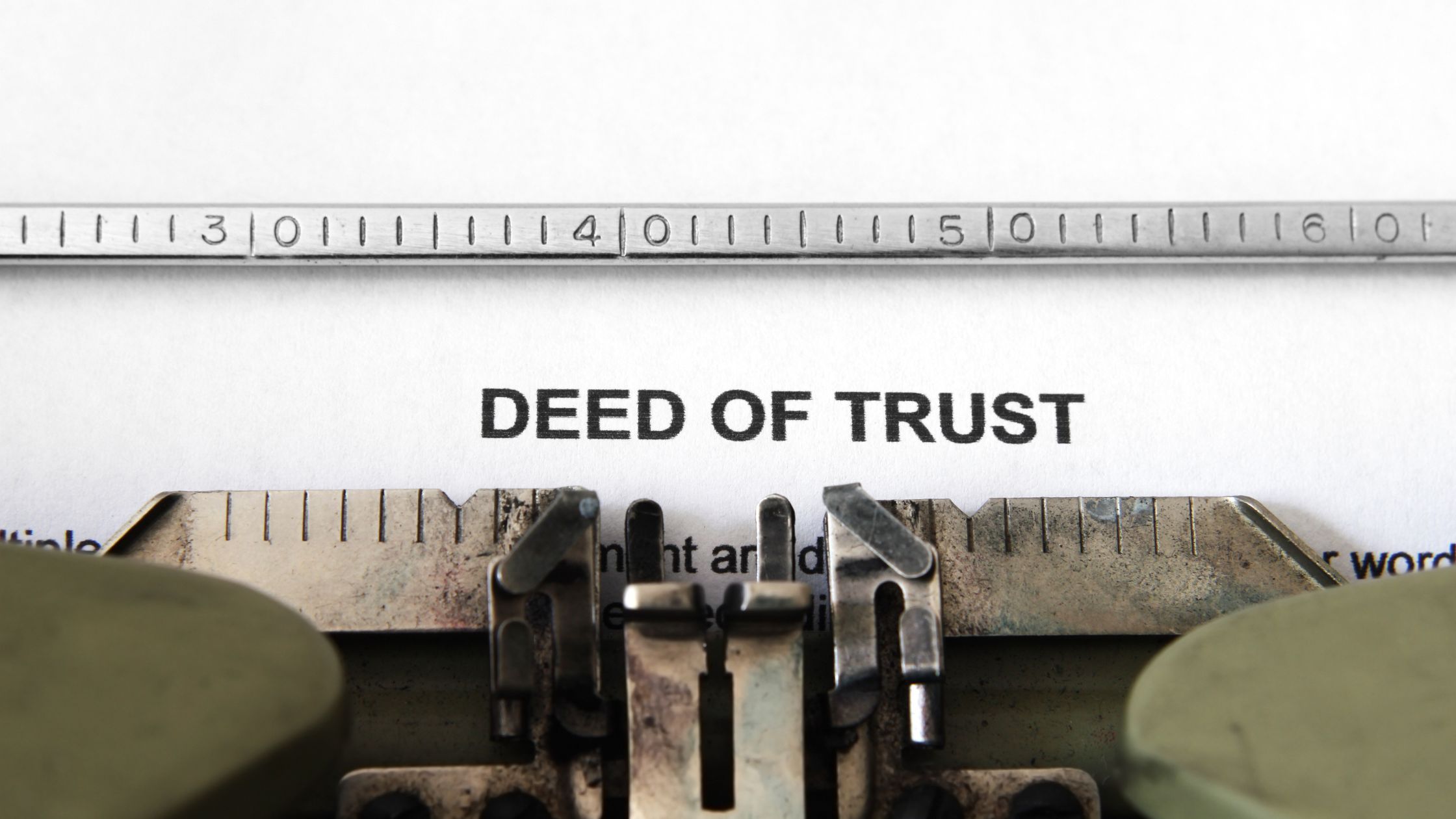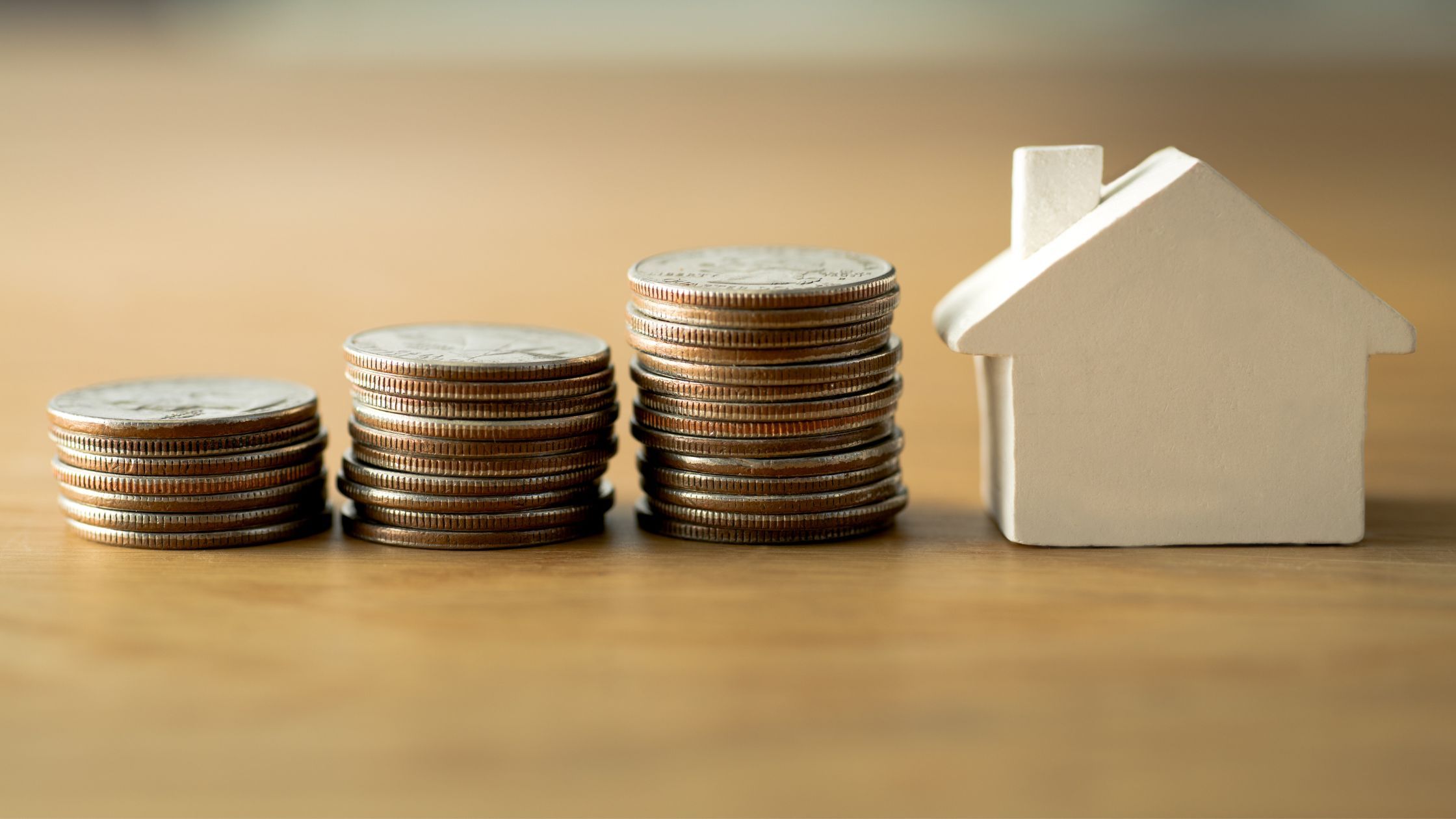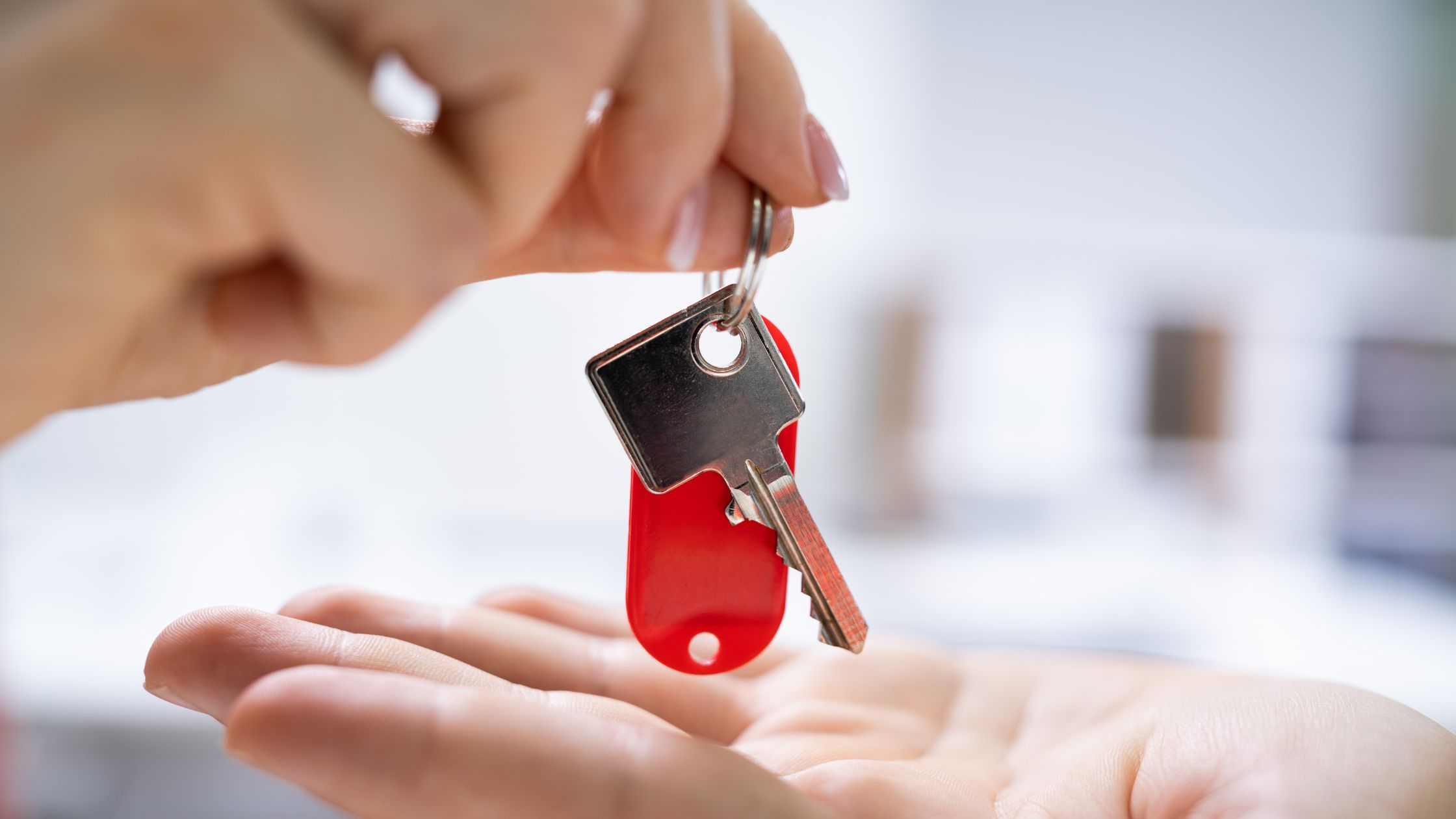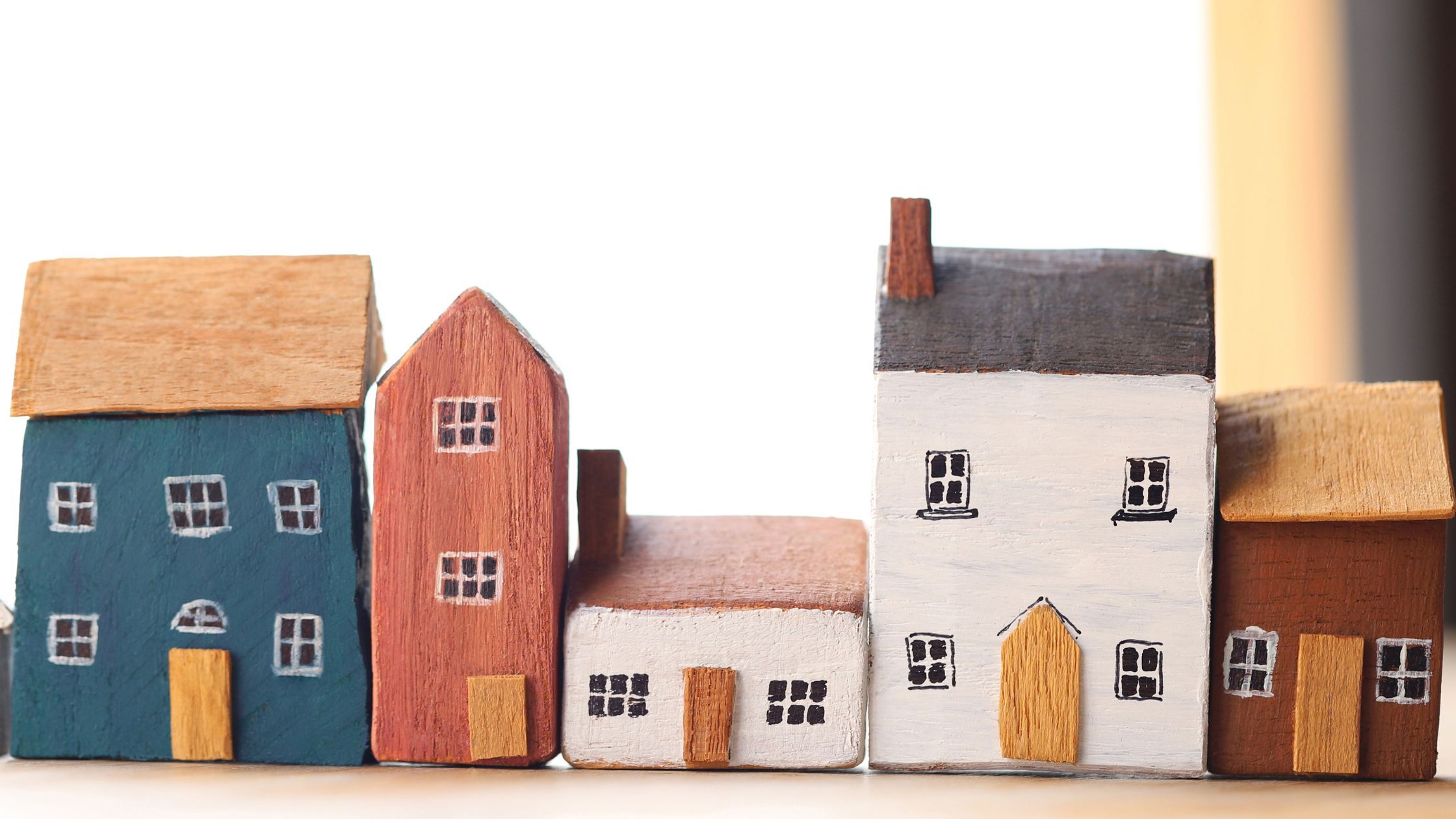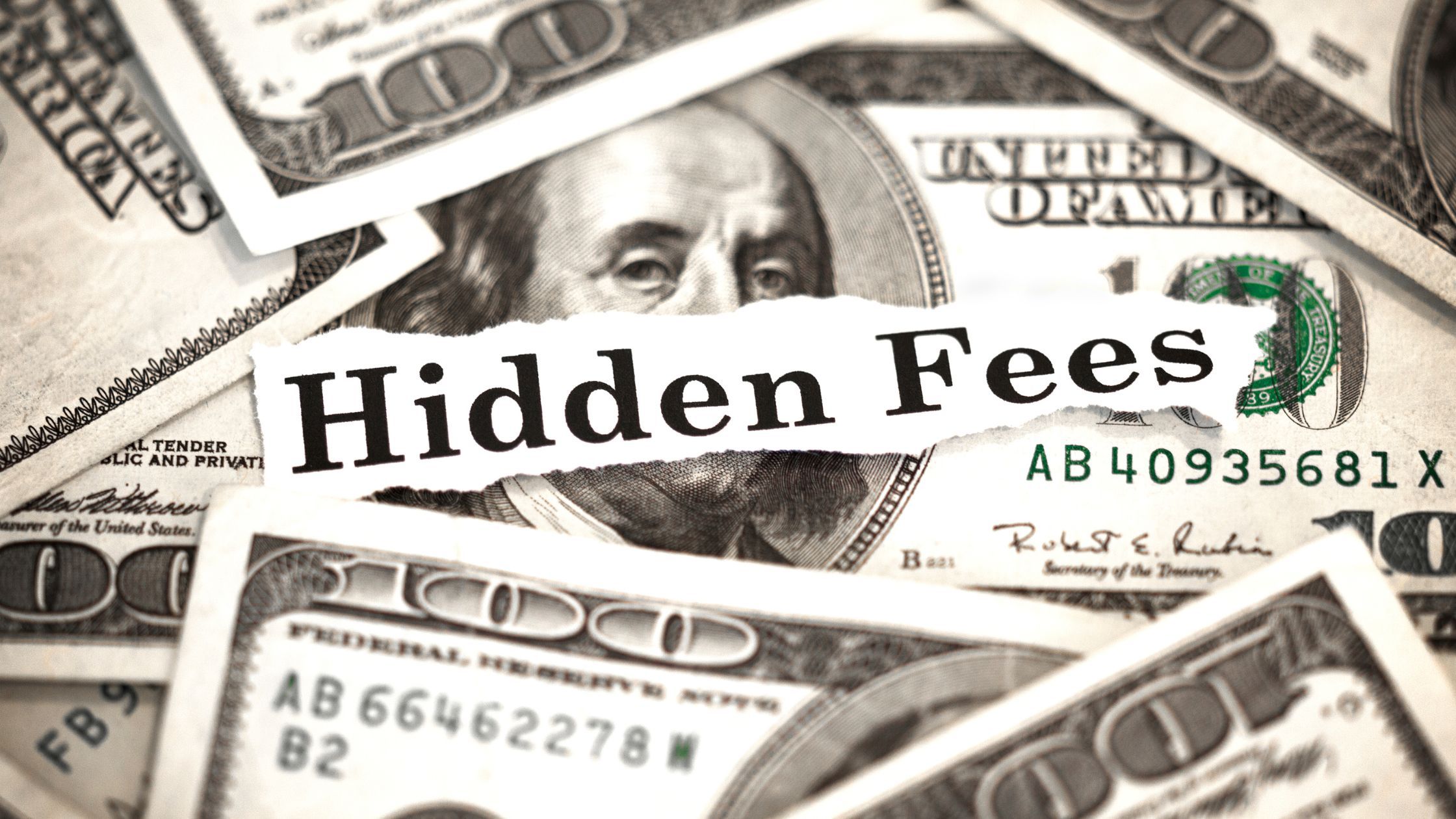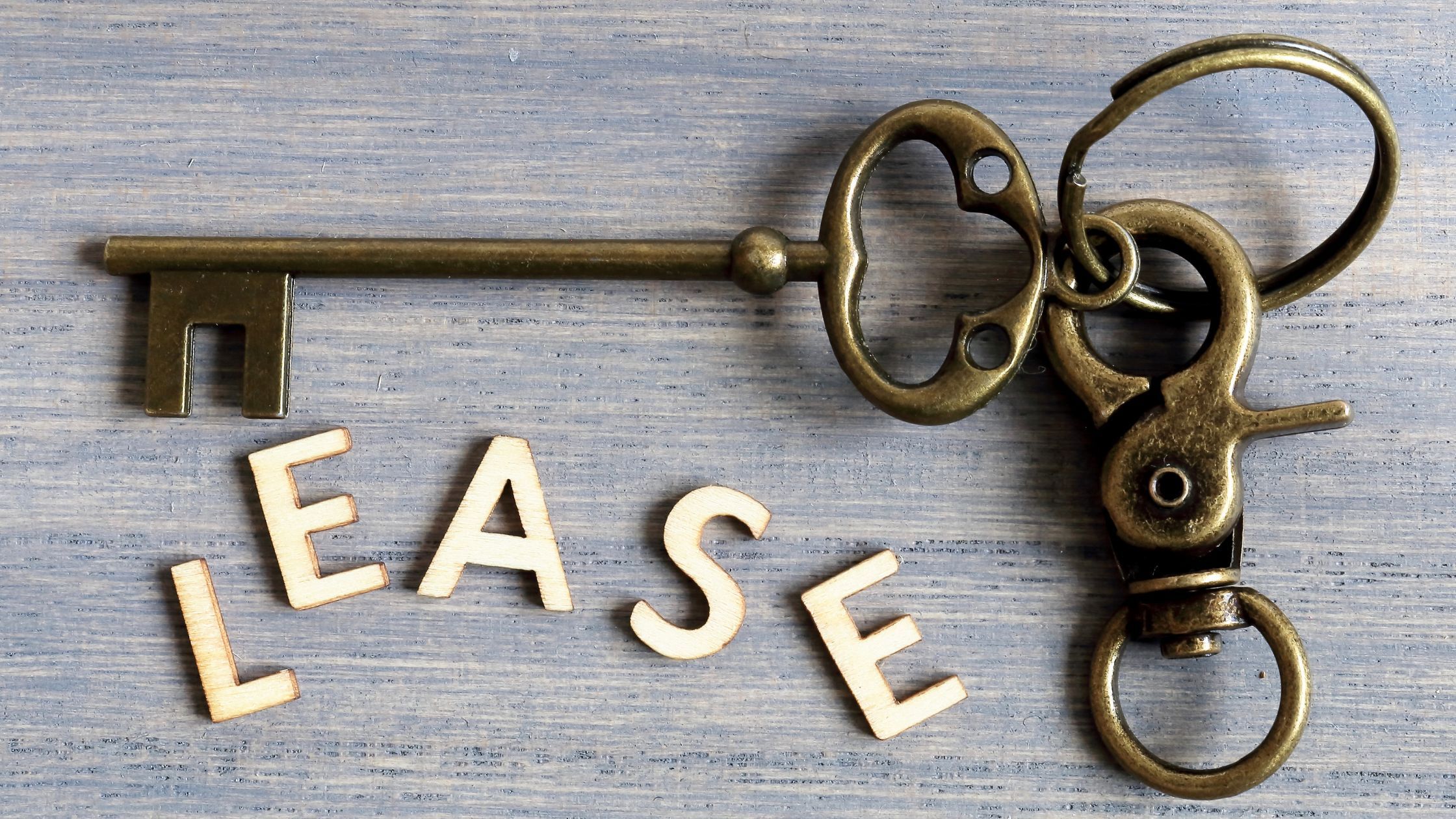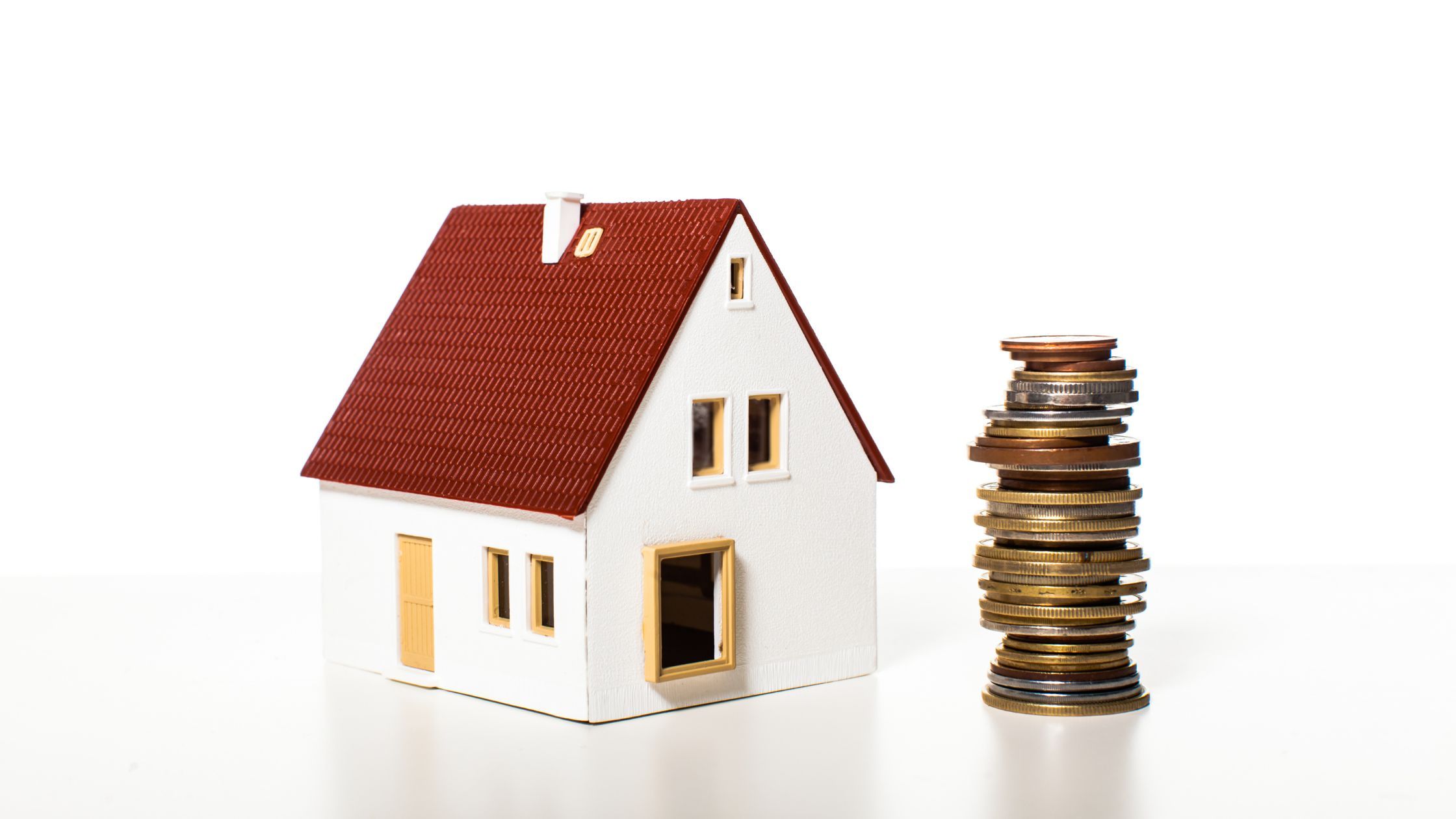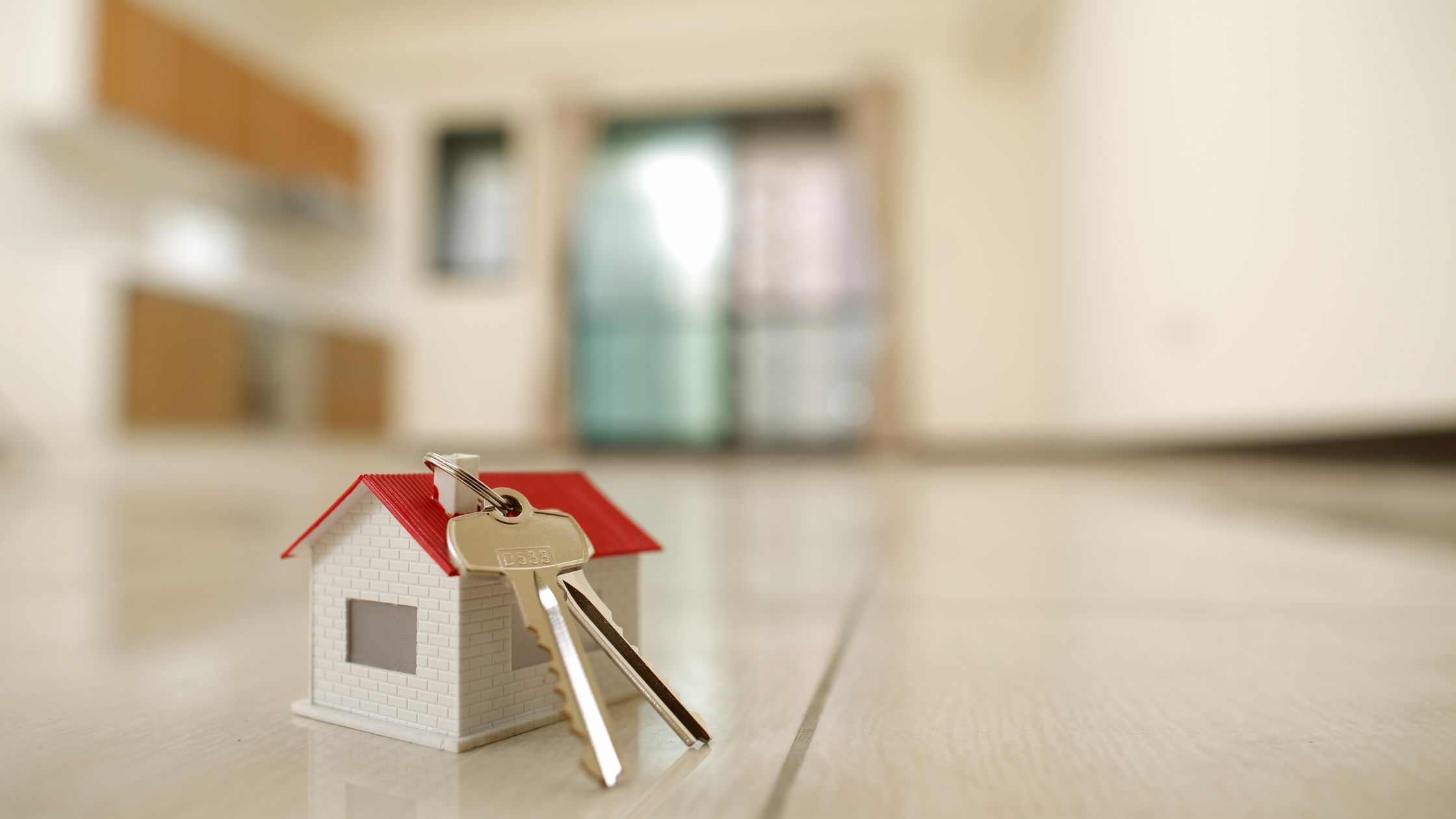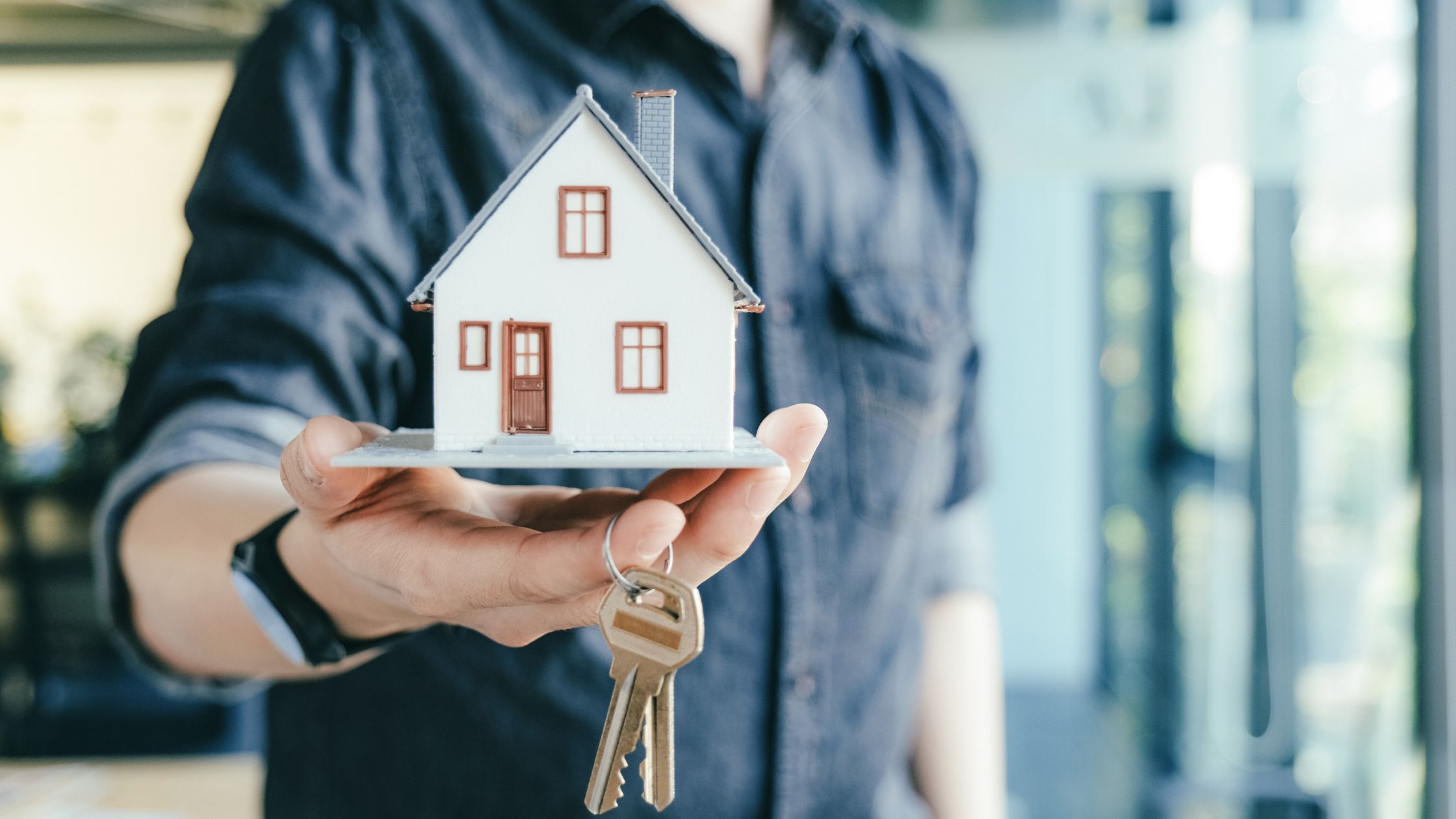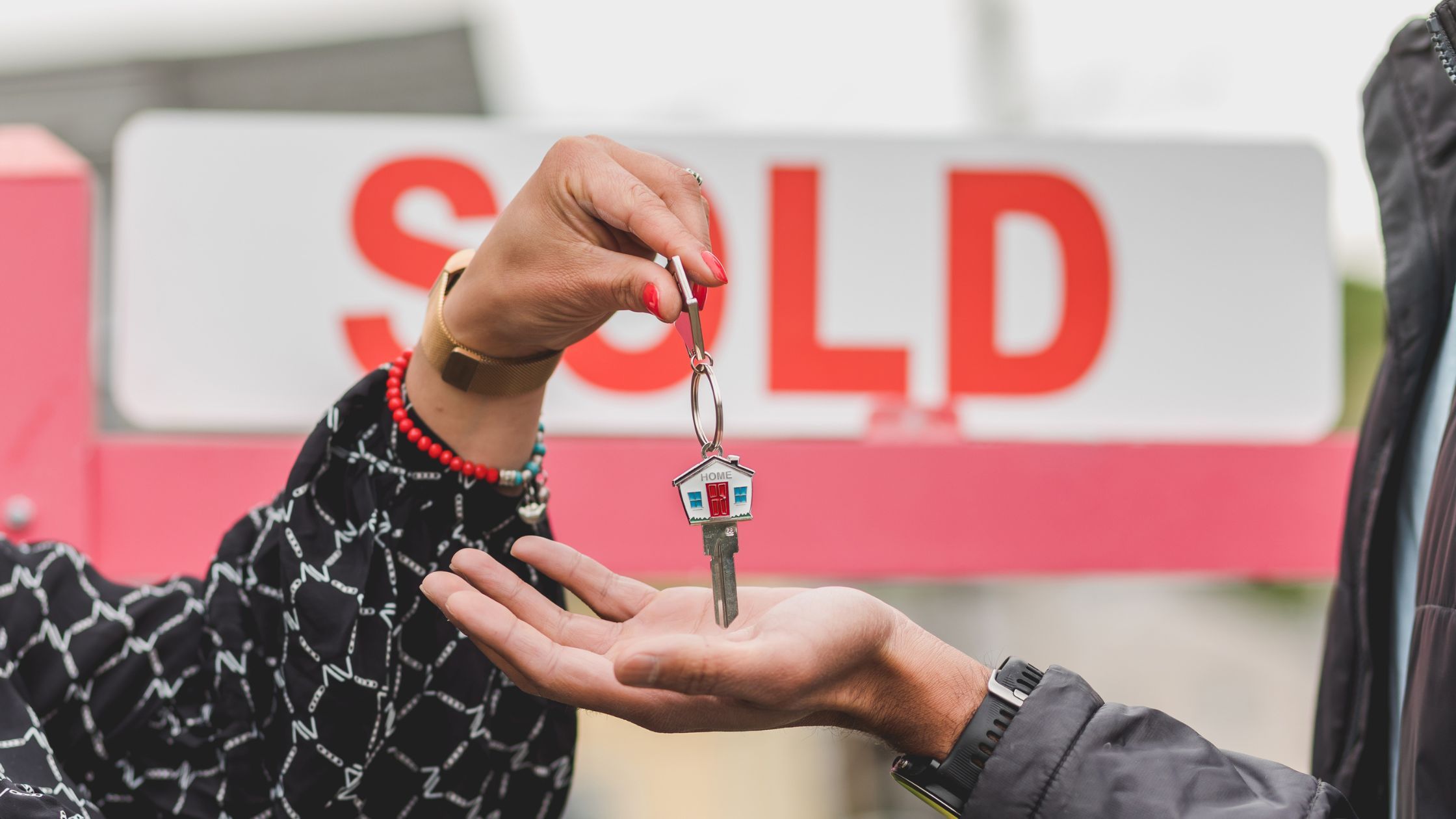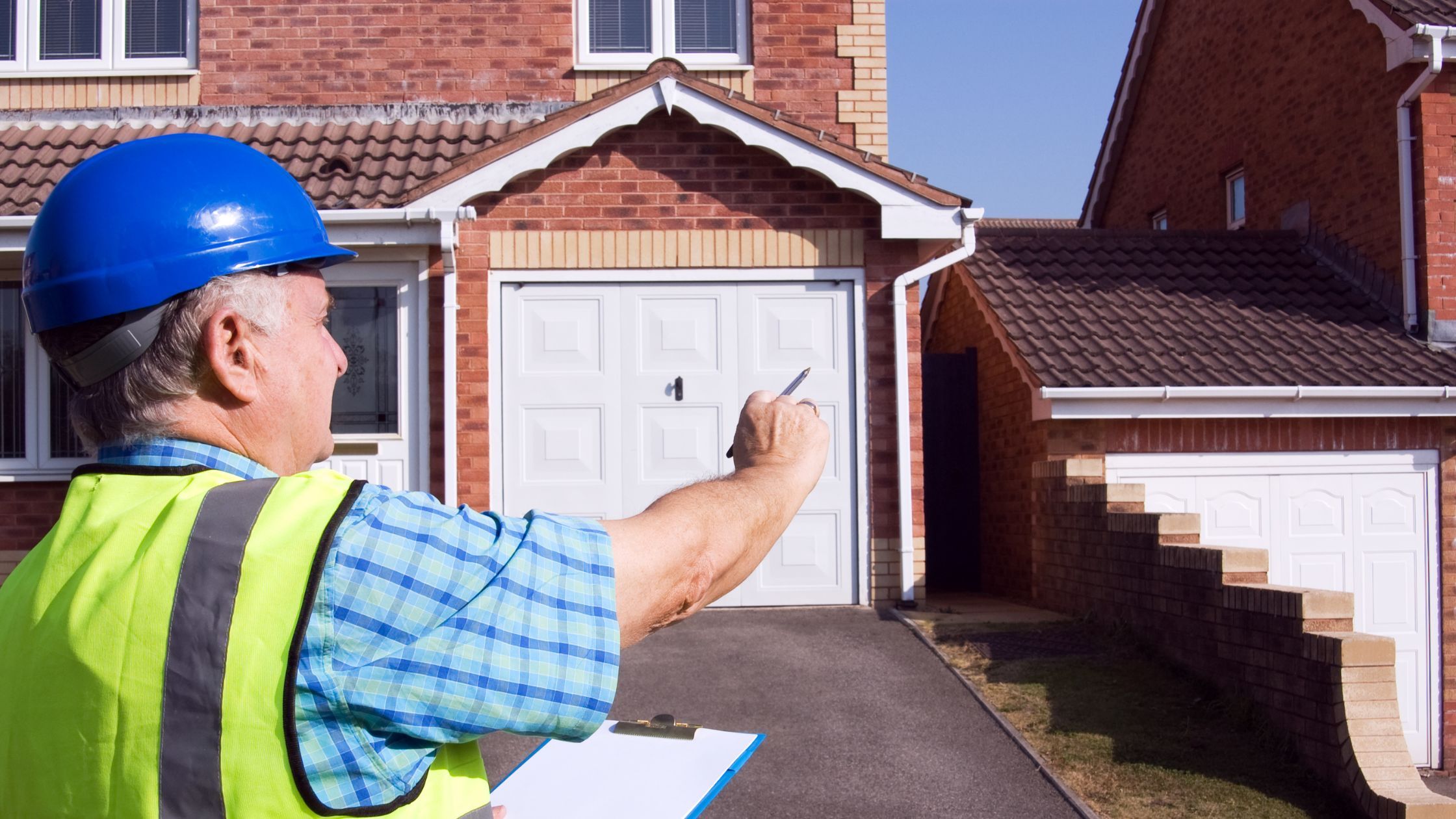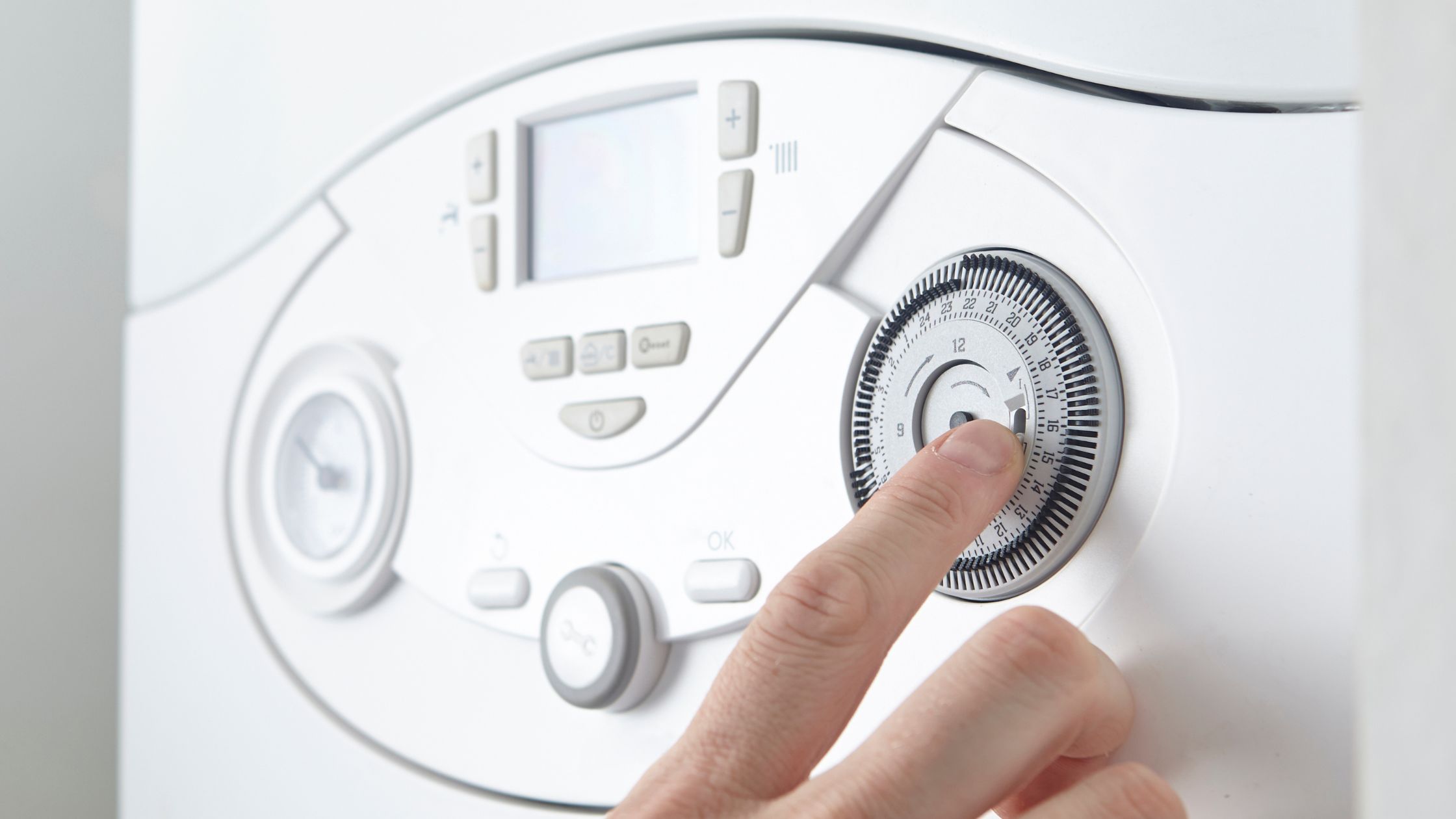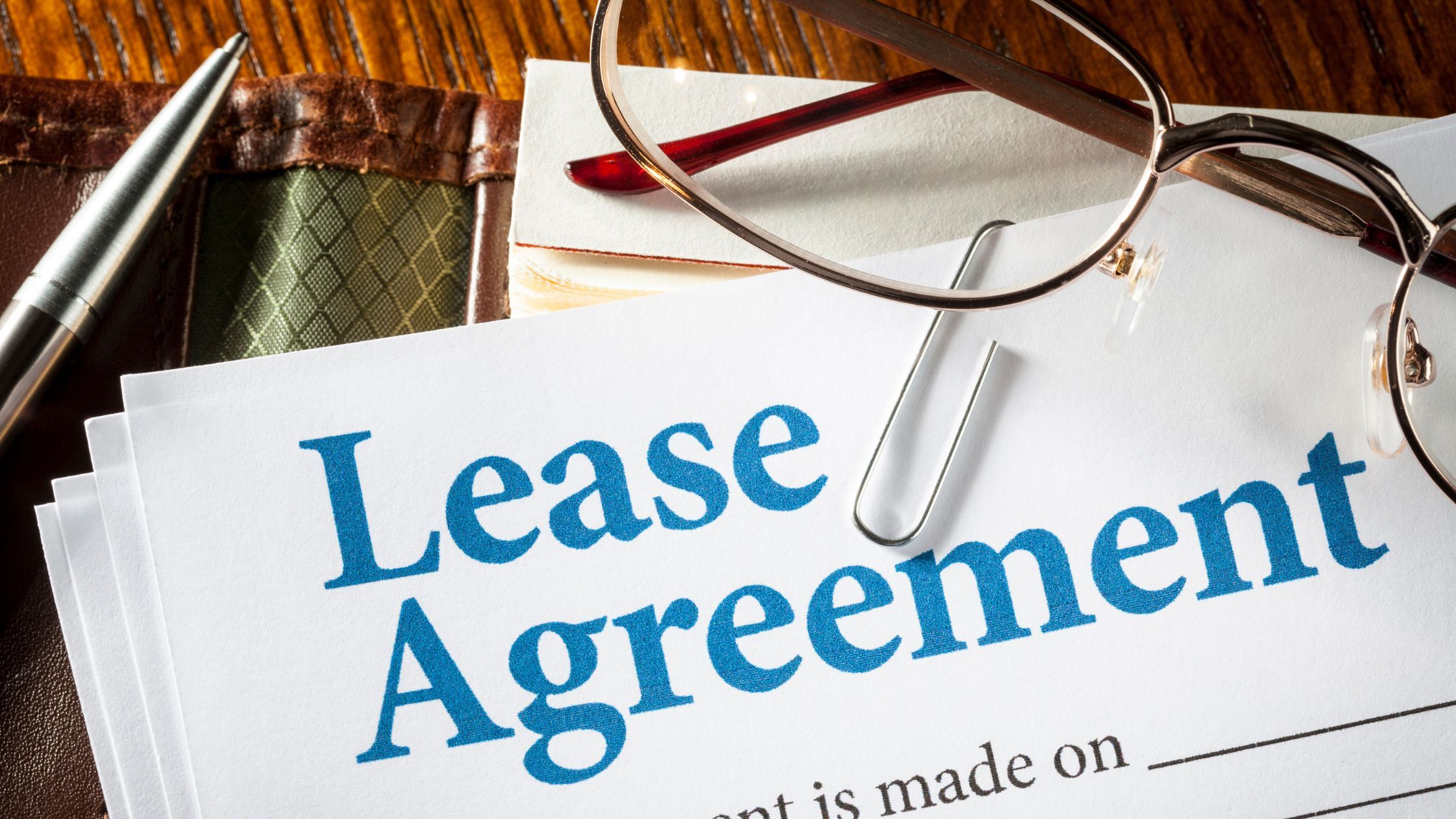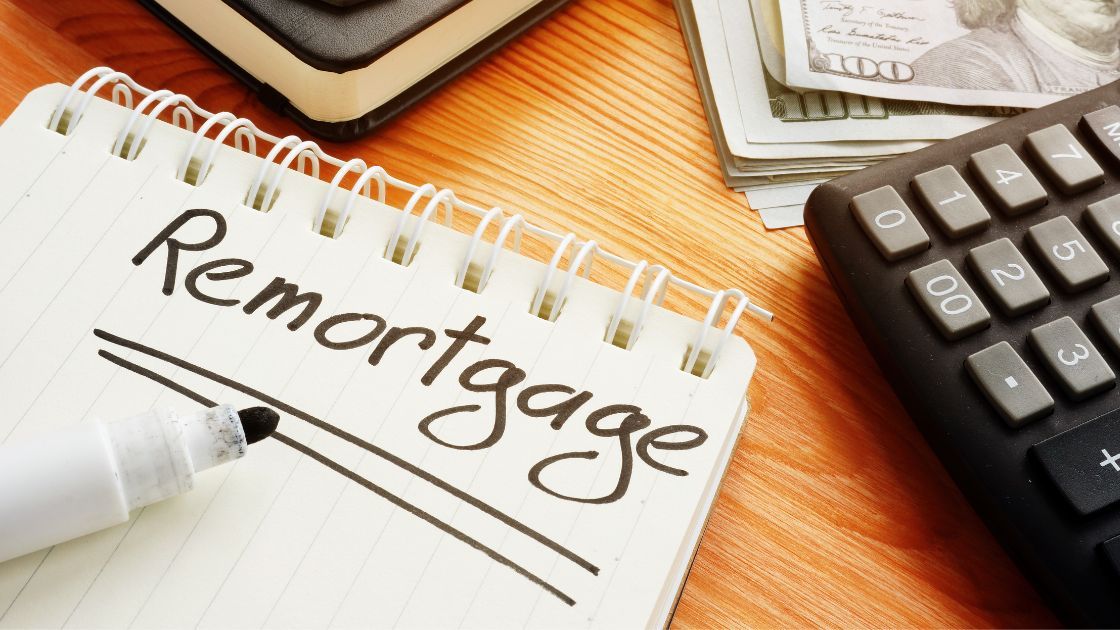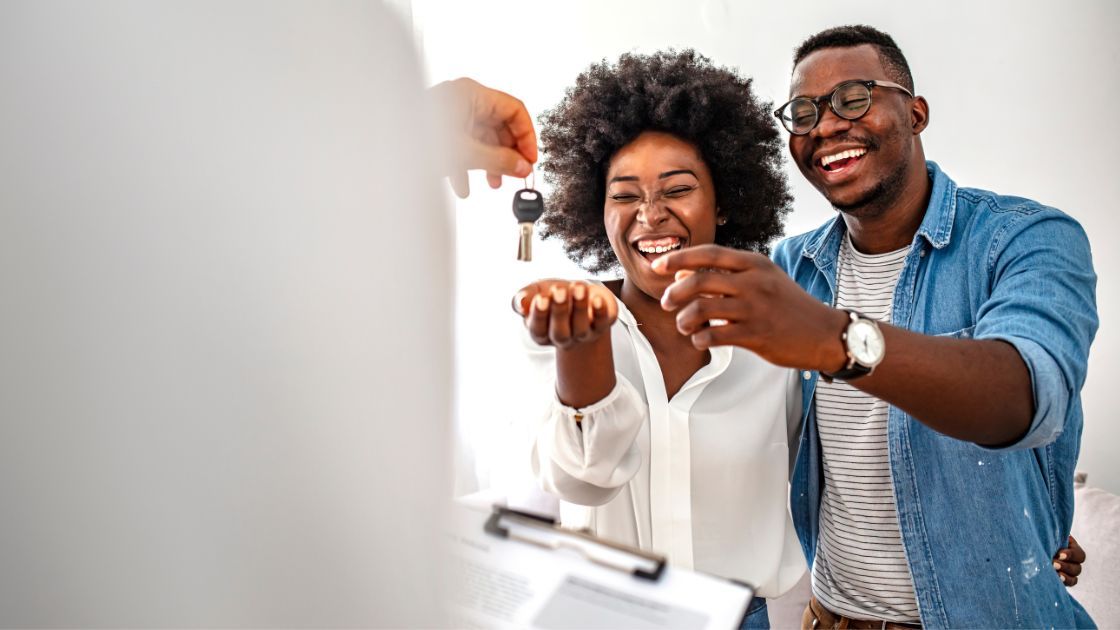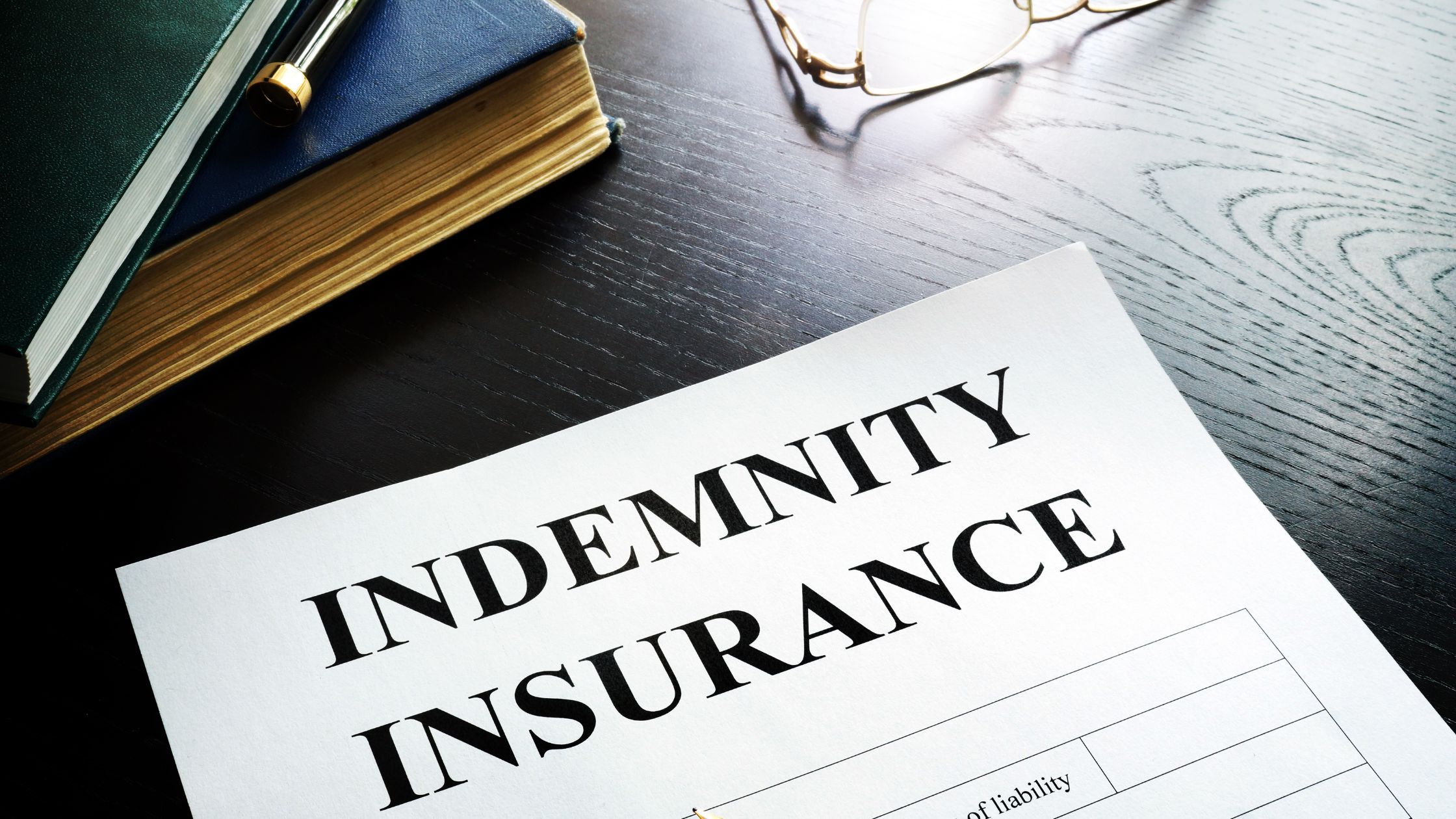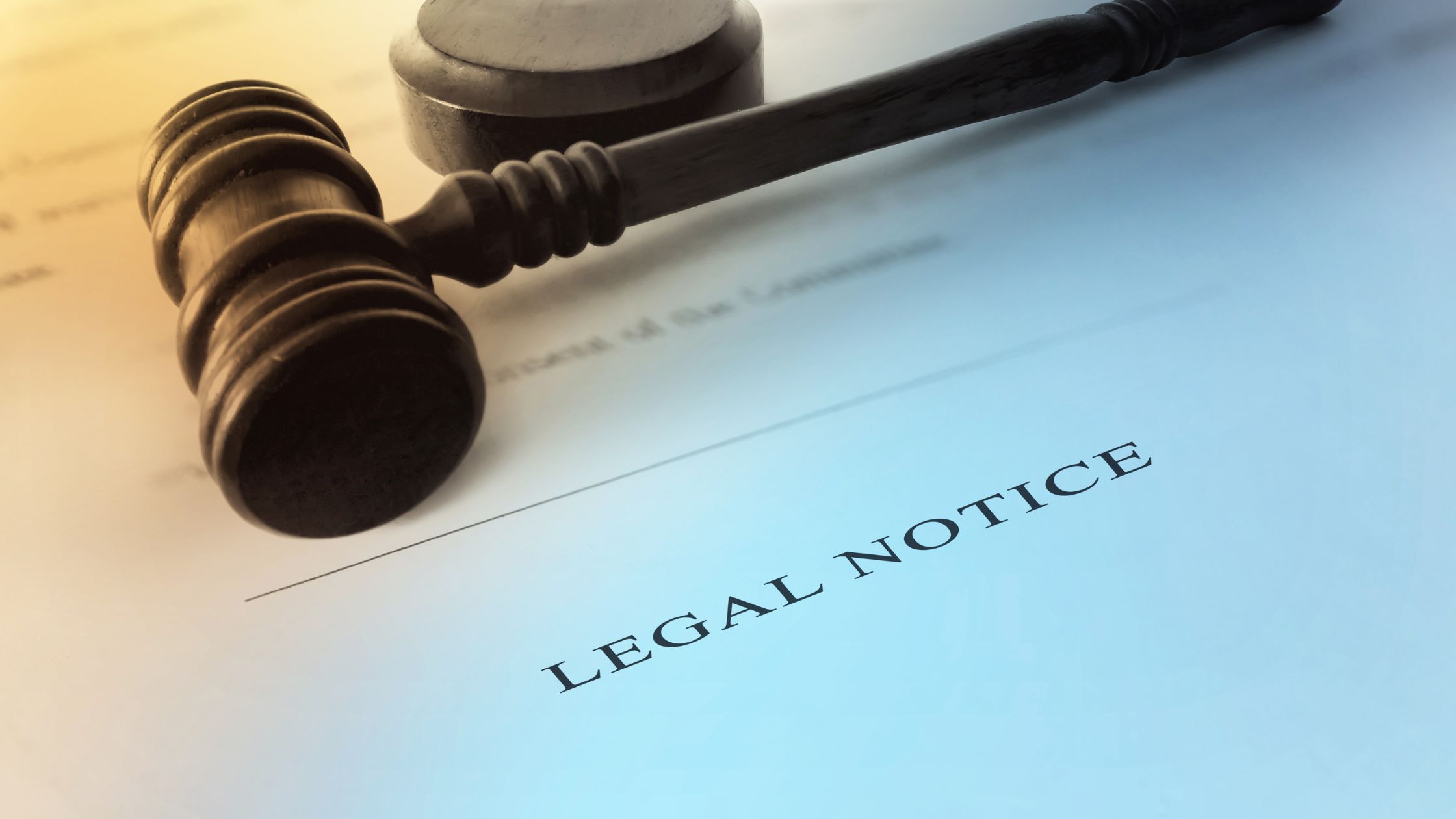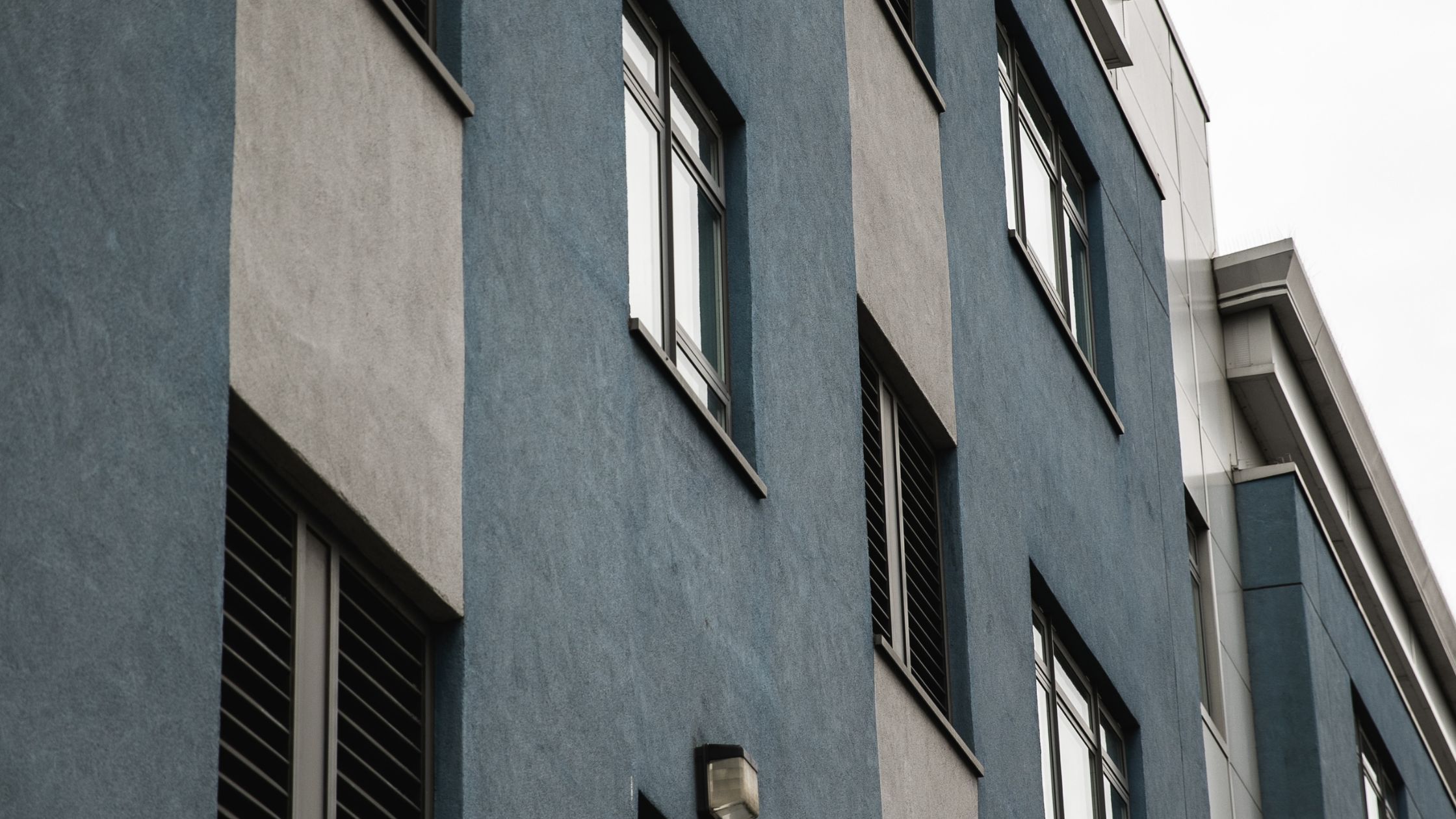It is a common misconception that properties sold at auction are either repossession properties or problem properties and that they are only for cash buyers.
This form of house purchase is seeing a surge in popularity as homebuyers are eager for a bargain and mainstream buyers and sellers are now commonly seen at auction events.
Buying at auction is just one of the ways you can buy a property. Consider the below advantages and disadvantaged to decide whether you too would like to invest in a property in this way.
Advantages
- Bag a bargain
Property auctions are renowned for offering the occasional hidden bargain. There are no fixed prices (except for the reserve price) and so irrelevant of market value the house will simply be sold to the highest bidder. Bargains can be secured if research is done carefully, especially if properties are bought that are not currently mortgageable, as they can be heavily discounted. As long as they can be made mortgageable, by rectifying the issues, capital value can be added.
- Visibility on price
At auction, you can see exactly who else is bidding and you will only bid an incremental rise above the other person at each step. This gives you visibility on price that you wouldn’t otherwise have.
- Certainty and speed
One of the main benefits of buying a property at auction is the speed at which the whole process can be completed. An auction property usually has to be completed within 28 days while buying the conventional way through an estate agent can take months. Essentially, if you are the highest bidder when the hammer falls, you have exchanged contracts, will be required to pay a 10% deposit on the day and are legally bound to purchase the property paying the remainder of the monies due.
- No gazumping
- Less chance of transaction falling through
Transactions don’t fall through due to lengthy delays, breakdowns in communication or the chain falling apart.
Disadvantages
- Waste of time
If you’re outbid at auction, you will have wasted a lot of time, effort and money. The due diligence required before making a bid can be expensive as you need the Solicitor, Mortgage Advisor, Surveyor etc all to work to a very tight deadline.
- Less time for surveyors and solicitors
Although the speed with which you can buy a property at auction is a big attraction, it does mean that you will have only a short amount of time to arrange a survey, get your Solicitor to check the legal documents and ensure your financial arrangements are in place (as above you will need to pay 10% deposit on the day of the auction, with the remainder shortly thereafter).
- Refurbishments
The majority of properties bought at auction will need to be renovated in some way or another.
- It is easy to go over budget
Set yourself a limit and do not go over – it is easy to get carried away on the day.
- Securing finance
It can be a lot easier to secure finance when buying a home through the conventional route.
- Guide prices
All houses up for sale will mention a guide price. These tend to be lower than what the property will actually be sold for as they are usually brought down to attract interest. Expect to pay more.
How to prepare for an Auction
- Do your research.
- View the property.
- Do a check on the neighbourhood.
- Visit a Mortgage Advisor.
- Obtain the advice of a Solicitor. Ask them to carry out the usual searches, enquiries and title check and advise you on the same.
- Arrange a survey.
- Budget.
Overall, while there are undoubtedly bargains to be had, anyone thinking of buying a property via the auction route need to be very well prepared.

